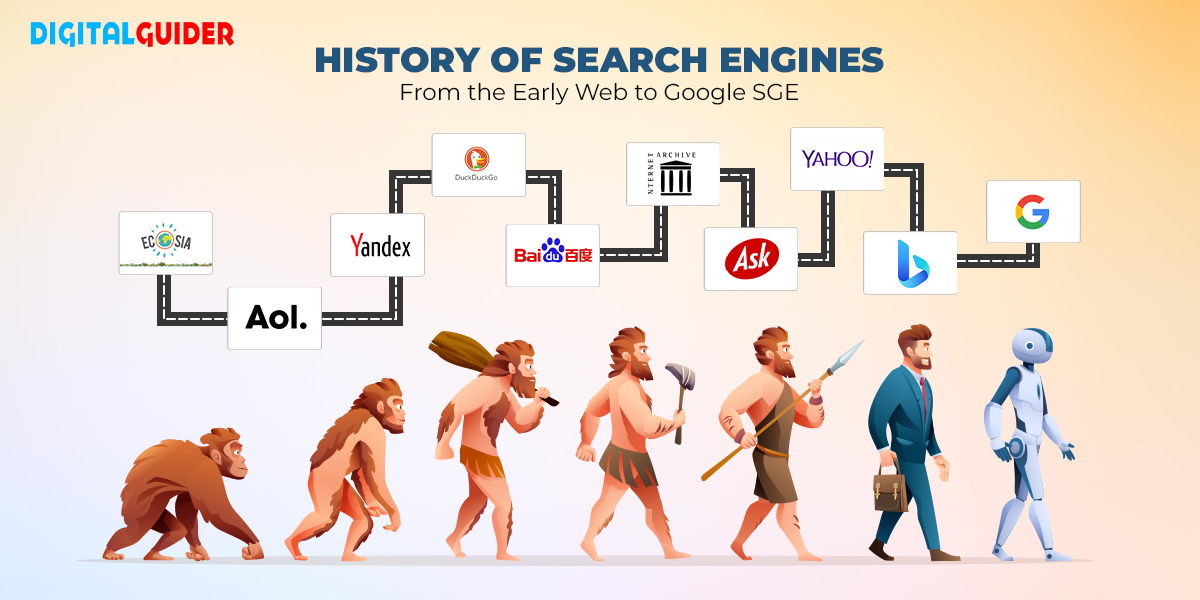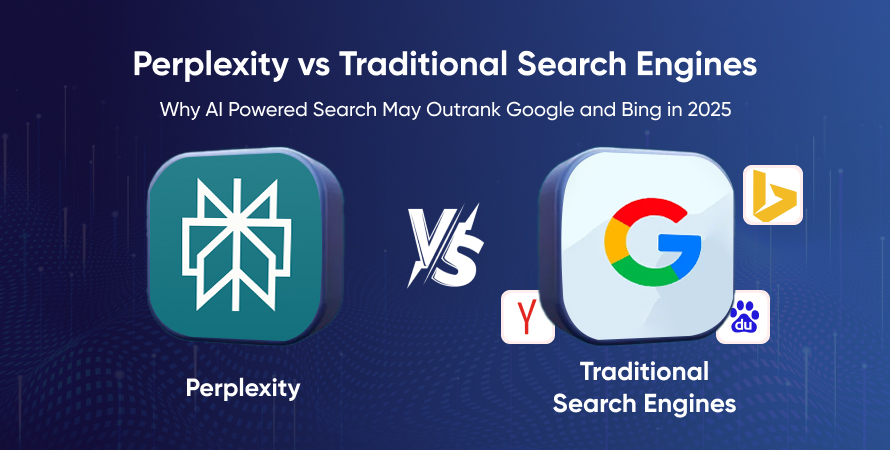Have you ever wondered how you find exactly what you need online in seconds? That’s the power of search engines.
They work quietly behind the scenes, sorting through billions of web pages to bring you the most relevant answers. Understanding how search engines work can change the way you use the internet—and even help you get better results every time you search.
Keep reading, and you’ll discover simple tips to make search engines work smarter for you.

Credit: workseo.in
How Search Engines Work
Search engines help people find information on the internet quickly. They work by scanning millions of web pages and organizing them. This process involves several steps. Each step helps show the best results for any search query.
Crawling And Indexing
Crawling means search engines visit web pages using bots called crawlers. These crawlers follow links to discover new and updated pages. Indexing stores the information from these pages in a large database. This database allows the search engine to access pages fast when someone searches.
Ranking Algorithms
Ranking algorithms decide the order of search results. They use many factors like keywords, page quality, and site speed. The goal is to show the most useful pages first. Algorithms update often to improve result accuracy and fight spam.
User Intent And Relevance
User intent means understanding what the searcher really wants. Search engines try to match the best content to that intent. They look at words and context to guess the need. This helps show results that answer questions or solve problems clearly.

Credit: digitalguider.com
Key Factors Influencing Traffic
Traffic from search engines depends on several important factors. Understanding these helps improve website visits. Each element plays a role in how a site ranks and attracts users.
Keyword Research
Keywords are the words people type in search engines. Choosing the right keywords helps your site appear in relevant searches. Focus on words your audience uses often. Use tools to find popular and low-competition keywords. This makes it easier to reach more visitors.
Content Quality
Good content answers questions clearly and fully. It keeps readers interested and encourages them to stay longer. Content should be easy to read and useful. Update it regularly to keep it fresh. Search engines favor websites with helpful and original content.
Backlinks And Authority
Backlinks are links from other websites to yours. They show search engines your site is trustworthy. The more quality backlinks, the higher your authority. Focus on earning links from well-known sites in your field. Avoid low-quality or spammy links as they harm rankings.
Technical Seo
Technical SEO makes sure your site works well for search engines. This includes fast loading speed, mobile friendliness, and clear site structure. Fix broken links and use proper tags. A well-optimized site improves user experience and helps rank better.
Optimizing Your Website
Optimizing your website helps search engines find and rank your pages better. It makes your site easier to use and faster to load. Good optimization improves user experience and boosts your visibility online.
Many small changes can make a big difference. Focus on clear content, quick loading, and easy navigation. These steps increase your chances of attracting more visitors.
On-page Seo Techniques
Use clear titles and headings with keywords. Write short, simple sentences that explain your topic well. Include keywords naturally in your text and meta descriptions. Use alt text for images to help search engines understand them. Internal links guide visitors to related pages on your site.
Improving Site Speed
Fast websites keep visitors happy and lower bounce rates. Compress images to reduce file size without losing quality. Minimize code by removing extra spaces and comments. Use a reliable hosting service to ensure quick responses. Enable browser caching so returning visitors load pages faster.
Mobile-friendly Design
Most users browse on phones and tablets. Your website must look good and work well on small screens. Use responsive design to adapt layouts automatically. Make buttons easy to tap and text easy to read. Test your site on different devices to ensure smooth use.
Structured Data Use
Structured data helps search engines understand your content better. Use schema markup to label important information like reviews, events, or products. This can make your listings stand out with rich snippets. Proper use of structured data improves your site’s appearance in search results.
Leveraging Content Strategies
Effective content strategies help websites rank better on search engines. They attract visitors and keep them interested. Search engines favor sites with fresh, useful, and engaging content. This section explains key ways to leverage content for better SEO results.
Creating Valuable Content
Focus on content that answers real questions. Provide clear and helpful information. Use simple language that readers understand easily. Valuable content builds trust with your audience. It encourages visitors to stay longer and explore more pages.
Using Multimedia Elements
Add images, videos, and infographics to your content. Multimedia breaks up text and makes pages more interesting. It helps explain complex ideas faster. Search engines like pages with varied content types. Multimedia also improves user experience on your site.
Content Update And Refresh
Keep your content current and relevant. Update old posts with new facts and details. Refreshing content signals to search engines that your site is active. It helps maintain or improve your rankings. Regular updates also attract repeat visitors.
Blogging And Guest Posts
Publish regular blog posts to share fresh ideas. Blogs boost your site’s visibility and keyword reach. Guest posts on other sites build backlinks and expand your audience. Both methods increase your site’s authority and trustworthiness.
Tracking And Measuring Success
Tracking and measuring success is key to any SEO strategy. It helps you see what works and what needs change. Without tracking, you guess your progress. With data, you know your results. This makes your efforts smarter and more focused.
Analytics Tools
Analytics tools collect data about your website visitors. They show how many people visit, where they come from, and what pages they like. Google Analytics is a popular choice. It gives clear reports that anyone can understand. These tools help you track traffic and measure goals.
Monitoring Keyword Rankings
Keyword rankings tell you how well your site appears in search results. Tracking rankings helps you see which keywords bring visitors. You can adjust your content based on this data. Many tools update rankings daily. This keeps you aware of your SEO progress.
User Behavior Insights
User behavior data shows how visitors act on your site. It reveals which pages they visit, how long they stay, and where they leave. Understanding behavior helps improve your site layout and content. This creates better experiences and keeps visitors longer.

Credit: www.imarkinfotech.com
Avoiding Common Seo Mistakes
Many websites struggle with SEO mistakes that lower their search rankings. Avoiding these common errors helps your site perform better. Small changes can bring big improvements in visibility and traffic.
Focus on clean, clear SEO practices. This keeps search engines happy and users engaged. Below are key mistakes to watch out for and how to fix them.
Keyword Stuffing
Keyword stuffing means adding too many keywords unnaturally. It makes content hard to read and lowers your ranking. Use keywords wisely and naturally. Write for humans, not just search engines.
Duplicate Content
Duplicate content confuses search engines. It happens when the same text appears on multiple pages. This can harm your site’s authority. Create unique content for each page. Use tools to check for duplicates regularly.
Ignoring Mobile Users
Most people use phones to browse the web. Sites not optimized for mobile lose visitors and rank lower. Make sure your site loads fast on all devices. Use responsive design to fit any screen size.
Neglecting Site Security
Secure sites rank better and build trust. Not using HTTPS puts users at risk. It can also hurt your SEO. Install an SSL certificate and keep your site safe. This protects data and improves your search position.
Frequently Asked Questions
What Are Search Engines And How Do They Work?
Search engines are tools that find and display relevant web pages. They use crawlers to scan the internet, index content, and rank pages based on relevance and quality.
Why Is Seo Important For Search Engines?
SEO helps improve a website’s visibility on search engines. Optimized sites rank higher, attract more traffic, and enhance user experience, leading to better online presence.
How Do Search Engines Rank Websites?
Search engines rank sites using algorithms that evaluate keywords, content quality, backlinks, and user engagement. These factors determine a page’s relevance and authority.
What Is The Difference Between Organic And Paid Search Results?
Organic results are unpaid listings ranked by relevance and SEO. Paid results appear as ads, placed through bidding and payment on search platforms.
Conclusion
Search engines help people find information fast and easy. They organize the web and show the best results first. Understanding how they work can improve your online experience. Use clear words and relevant content to appear higher in searches. Stay patient; good results take time.
Search engines keep changing, so keep learning. This helps you stay ahead and find what you need. Simple steps can lead to better visibility and success online. Keep exploring and using search engines wisely.

